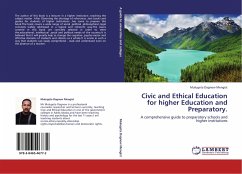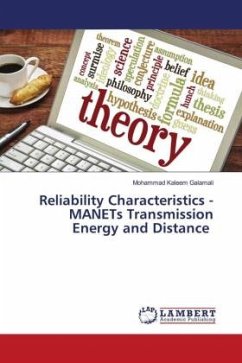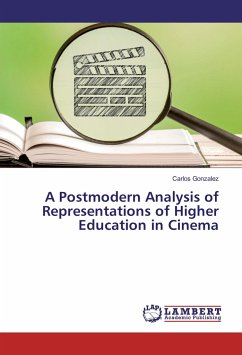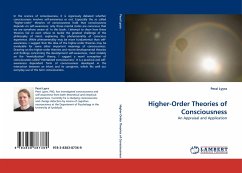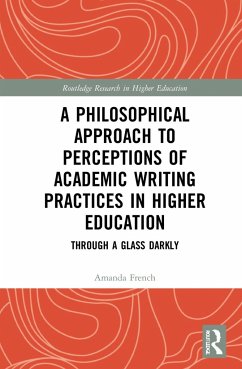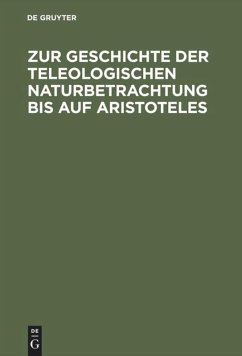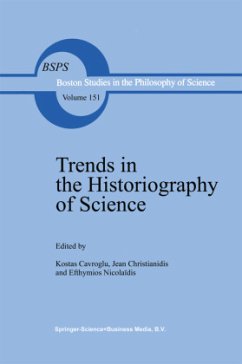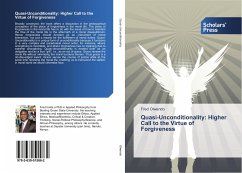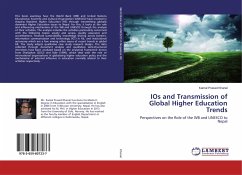
IOs and Transmission of Global Higher Education Trends
Perspectives on the Role of the WB and UNESCO to Nepal
Versandkostenfrei!
Versandfertig in 6-10 Tagen
36,99 €
inkl. MwSt.

PAYBACK Punkte
18 °P sammeln!
This book examines how the World Bank (WB) and United Nations Educational, Scientific and Cultural Organization (UNESCO) have involved in shaping Nepalese Higher Education (HE) through transmitting globally dominant Higher Education issues to Nepal. For this, it looks at the role and influencing mechanisms of the WB and UNESCO through the analysis of their activities. The analysis includes the activities particularly concerned with the following topics: equity and access, quality assurance and accreditations, financial sustainability, knowledge sharing across borders, information communication...
This book examines how the World Bank (WB) and United Nations Educational, Scientific and Cultural Organization (UNESCO) have involved in shaping Nepalese Higher Education (HE) through transmitting globally dominant Higher Education issues to Nepal. For this, it looks at the role and influencing mechanisms of the WB and UNESCO through the analysis of their activities. The analysis includes the activities particularly concerned with the following topics: equity and access, quality assurance and accreditations, financial sustainability, knowledge sharing across borders, information communication and technology (ICT) in HE, and institutional autonomy which are a few among other issues of recent trends in global HE. The study adopts qualitative case study research design. The data collected through document analysis and qualitative semi-structured interviews have been analyzed based on the analytical framework drawn from Shahjahan (2012) and Dale (1999), which deal with the role of international organizations in globalizing higher education policy and the mechanisms of external influence in education normally related to their activities respectively.



